Your personal music search space.
Augment your understanding of music.
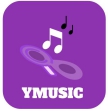
______________________________________________________________________________

YMUSIC SEARCH ENGINE
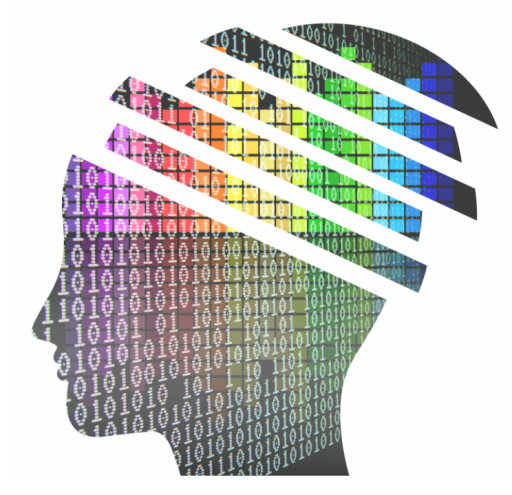
To gain new musical knowledge, try YMusic. YMusic is a prototype of a music search engine which relies on a new music theory; it is designed for all music listeners who are searching for music that is new for them and who are trying to develop their knowledge, be they casual listeners or not.
MUSIC, PERSONAL KNOWLEDGE AND MUSIC SEARCH ENGINE
Ordinary music listeners and even experts are not so easily satisfied, when they search for new music: it can be hard for them to find music they really like and social sharing is sometimes more of a hindrance than a help. Also, using software applications, listeners seem to experience difficulty in overcoming music labels’ marketing and partial music critics who are, most of the time, linked to specific financial interests within the music industry. Marketing, as well as critics, may be useful, however they can prevent listeners from finding their real tastes. And like most cultural goods, pieces of music are now seen as a commodity: with millions of songs online, the music spigot is a reality and for most of listeners, that flood of music is just meaningless information: they cannot get easy access to less known music and even when they can, it is not easy for them to make sense out of it, for various reasons.
Actually, a good music search engine is built to make music analysis accessible in a smart way both to experts and to beginners, at their respective level of knowledge and on the basis of their musical experience. In fact, music listeners do not need to be taught what to like. When they use a search engine to find music, they are not searching for conventional instruction. Even musicians do not always ask for music theory: a lot of pop stars and even some well-known opera singers cannot read music. So, what do listeners want? They certainly have the desire to obtain some musical knowledge and acquire ideas about music in an informal way, at their own pace. They often engage in incidental learning rather than deliberate musical study, however, when they have a real interest in music, they deserve to find music classified according to musical criteria and not cultural or economical ones.
Music researchers and ordinary listeners do not search for music in the same way, however they all can find music according to their interests, with the help of a music search engine based on musical criteria. Researchers may want a musical search engine to discern musical patterns in a music genre and also through genres, as genres may be a practical way to classify music, but not always a very accurate one; and also, identical patterns can be found in different genres. Thus a good music search engine can help to sharpen research and make new hypotheses: combined with sensory impressions, intuitive searches can lead to new musical knowledge.
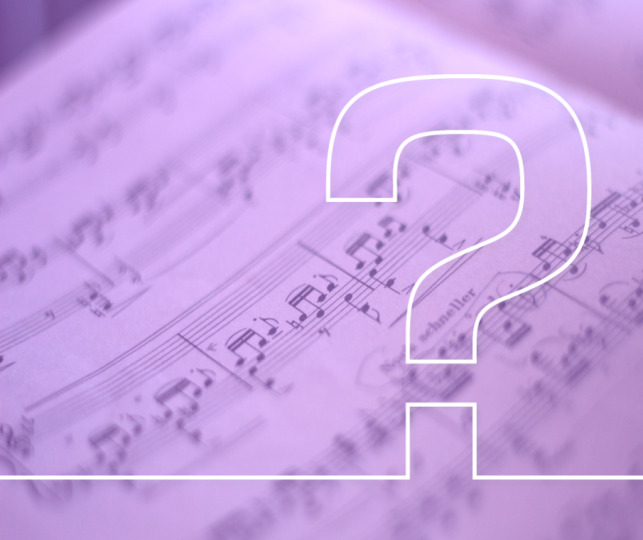
MUSIC, KNOWLEDGE AND SEARCH TECHNOLOGIES
For some decades, to exist at the local and global level, individuals, businesses and knowledge must be accessible through the internet. Yet all knowledge is not free: knowledge that is not easily accessible online because it is not free or readable via a search engine still exists, and it is governed by intellectual property laws. There is, besides free and open knowledge, the other important part of the knowledge market, which is the ensemble of the knowledge-based services and products, in combination with the techniques that support their sharing and their distribution. Yet besides music-related papers, pieces of music and methods to learn music that are chargeable, vast amounts of music, courses, thesis and studies are available online.
How can these raw data reach interested learners, whether they are curious observers or researchers? Everyone knows the issues of the internet, from lack of neutrality in terms of search results to plagiarism that may affect content. Anyhow, search engines give access to large amounts of data and they help numerous individuals and institutions to find useful isolated pieces of information or databases. They connect knowledge producers and consumers.
How do search engines work? Each search begins with a query made by a user. A web crawler or robot, that is part of the search engine, begins to search between dozens of trillions of web pages. The robot is reading, storing and analyzing web content automatically, following a first series of links, then going on to other ones, from page to page. By surfing, the robot is sorting results, helped by factors like keywords and their synonyms and the quality of the websites where they find their results. The more precisely users formulate their queries, the better the results will be: they will help the algorithms that support website rankings to separate what would be meaningful from what is meaningless for the user.
Whatever the target of users is, the search engine tries to guide them: besides informational searches, that are made to get data about a specific topic, there is the transactional search, which is not about finding information, but a resource, for instance music, images or e-books to download. It means that the transactional search is very popular amongst the general public: most people love to listen to music, notably to find an equilibrium in the present moment, be it to connect to themselves or to the world. They can find YMusic useful, as it is based on a new music theory and on an algorithm which analyzes musical criteria rather than cultural data and it is already a prototype of a music search engine that wants to help music listeners and which will evolve over the years ahead. Researchers, for their part, ask themselves questions like: ‘What do we really know about music when we think we know?’ or ‘What do we learn about music when we know that we do not really know?’. Of course, such queries cannot find a direct answer, even when a general search engine brings good results. Researchers can find an interest in discovering the new music theory behind YMusic, and also in the prototype.
Enrich your musical knowledge! Try YMusic and know more about why you love the type of music you love.

To have new musical knowledge, try YMusic. YMusic is a prototype of a music search engine which relies on a new music theory, it is designed for all music listeners who are searching for music that is new to them, trying to develop their knowledge, be they casual listeners or not.
FROM MUSICAL DATA TO KNOWLEDGE AND WISDOM
How do people and, today, computers, transform raw data into a deep knowledge reservoir? For music performers, part of the answer lies in the fact that they put data and information into practice. When they find a piece of sheet music, they see musical data. Reading and reading, they are literally absorbing them. When they play the content of the sheet music, they transform it into sonic information, for themselves and for listeners. Their interaction with the content of the sheet music transforms it into knowledge. Finally, when they reflect upon their practice, their knowledge becomes wisdom.
That path from data to information, from information to knowledge and from knowledge to wisdom is a course from the past towards the future. In fact, a piece of sheet music contains data that are written before they are played, except sometimes by the composer. Thus the data belong to the past. When someone takes notice of them, they become information in the present time; for the musician, the moment of performance. That performance, a thoughtful interaction, leads the musician to wisdom because, thinking about how he plays will lead that musician to better musical performances in the future.
Musicologists and music analysts also journey from data to wisdom. Is it useful for them to be informed that George Friedrich Händel wrote his opera named ‘Atalanta’ in 1736 and the following one, ‘Faramondo’, in 1737? In itself, it does not bring real insights, but being informed that both pieces were composed by the same composer during the same musical era (in this case, the Baroque period) and that they were written in a specific order can help specialists to be more aware of the role played by these two pieces within larger musical categories: operas on one hand and Baroque pieces on the other. Hence data, in the context of knowledge design, may be considered as first clues that invite those who work in the field of musical knowledge to think forward and, for example, to establish links between musical works or composers of the same period, at the musical level.
Knowing is strongly linked to understanding and both rely on the intellect but also on the senses, especially hearing, the sense of sight and the sense of touch, in the case of music. That physical aspect of music knowledge is very important and it can be transmitted by teachers and performers within communities of music students and ordinary music listeners: through the concrete experiences of playing and listening, future music professionals and the general public may acquire musical knowledge, at their level, according to their background and abilities. Listeners compare musical information and process it in order to make sense out of it. And they do it in a personal way: generally, knowledge is subjective and personal. It is internalized and shaped by knowledge bearers in function of their previous experiences and their current perceptions.
Let us notice that knowledge is sometimes tacit, sometimes explicit. Knowledge is described as tacit when it is not easily encoded and communicated, when it is transitory, ephemeral and leaky. That is why, for instance, musical improvisation is actually hard to teach and understand. On the other hand, explicit knowledge is easily retained, codified, stored and shared: it is more solid than tacit knowledge.
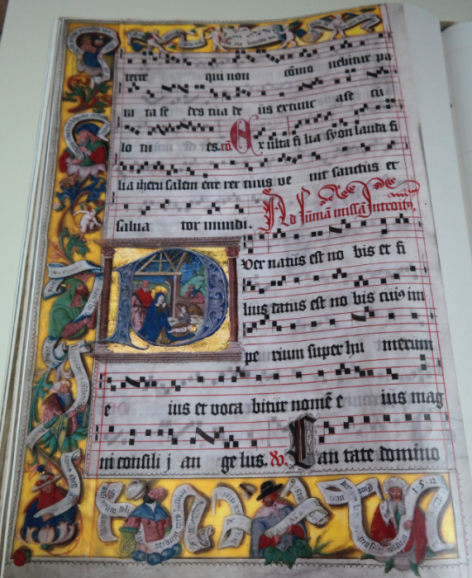
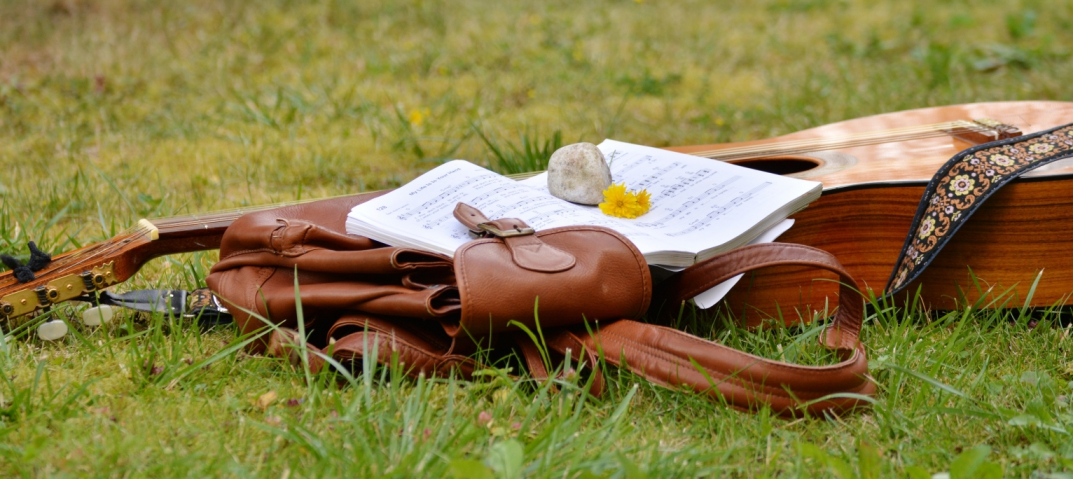
Do you want to get new musical knowledge? Try YMusic. YMusic is a prototype of a music search engine which relies on a new music theory, it is designed for all music listeners who are searching for music that is new to them and who are trying to develop their listening skills!
MUSIC THEORY AS A PART OF MUSICAL KNOWLEDGE
First, very simply, musical knowledge is knowledge acquired in the field of music. How is it different from scientific knowledge, for example? Are its methods and its targets different? Generally, musical knowledge is assimilated to music theory, which can be defined as the study of the various possibilities and practices offered by music, considering essential musical elements like scales, intervals, timbre, consonance and dissonance, harmony, counterpoint, chords or pitch. Music theory has been, for two centuries, an academic discipline.
Music theory learning or making is, literally, an act of contemplation. In fact, theoria, in Greek, means viewing or speculation as well as theory. The first traces of music theory are contained in Sumerian tablets written in 1500 BCE. In Ancient Greece, the first known music theorist was Pythagoras, who lived during the 6th century BCE. Pythagoras invented the elementary musical scale still used in the West. Three centuries later, Chinese and Indian music theorists wrote other musical scales and elements. In the Middle Ages, sheet music were manuscripts and the first European philosopher to write a musical treatise was Boethius. That work is an abstract one, but during the 9th century, Hucbald, Benedictine monk, composed pieces of music in the tradition of plainchant and wrote a music theory based on practice. Later, Arabic music theorists include Avicenna: better known as a scientist of the 10th century, he talked about music theory in his ‘Book of Healing’, an encyclopedia written to cure the ignorance of the human soul.
The rest of music theory history is better known: the Renaissance for instance saw the emergence of numerous theorists, from Johan Cochlaeus, humanist, to Claudio Monteverdi via Jacques Lefèvre d’Etaples, another humanist, or Giosefo Zarlino. During the 17th century, scientists like Johannes Kepler, Marin Mersenne and René Descartes were amongst music theorists besides composers like Henry Purcell. The 18th century saw the birth of Jean-Philippe Rameau, Carl-Philipp Emanuel Bach and Leopold Mozart, who was Wolfgang Amadeus’ father, besides Georg Michael Telemann or Luigi Cherubini. During the 19th century, Anton Bruckner, Peter Ilyich Tchaikovsky and Nikolai Rimsky-Korsakov distinguished themselves as composers and theorists. Let us also mention Paul Hindemith and Karlheinz Stockhausen from the 20th century.
Music theory is a generic expression which comprises three main areas: musical notation (made up of rhythmic notation, time and key signatures), writings about music (like treatises, from antiquity to the present day) and musicology (which tries to find the general principles in music, generation after generation). These general principles are more than lists of techniques used by composers to produce musical effects and their description. They can for instance take listeners’ perception into account. The new music theory behind the YMusic search engine, a software application that helps listeners to find more music they really like, applies these principles. In medieval Europe, most of the time, music theory was an abstract description of proportions that were studied far removed from musical practice itself; but YMusic and the related theory is reviving the association between reasoned statements and practical know-how that was already a basis for music theorists of antiquity.
To acquire new musical knowledge, try YMusic. YMusic is a prototype of music search engine which relies on a new music theory; it is designed for all music listeners who are searching for music that is new for them and who are trying to develop their knowledge, be they casual listeners or not.
WHAT IS KNOWLEDGE AND HOW IS IT CONSTITUTED?
From antiquity to the contemporary era via the Middle Ages, numerous meanings have been attributed to the word ‘knowledge’. For instance, in Ancient Greece, Plato defined knowledge as a justified true belief. His theory attracted renewed interest during the European Enlightenment, in the 18th century. What is a justified true belief? In the field of music as in any field, data and skills that are part of education are said to be true when they correspond to the reality which is studied. However, there is no knowledge in itself, independently of learners and that is why it is a belief: knowledge acquisition and outreach rely on learners' attitudes and opinions towards it. For Plato, a true belief is justified and finally becomes knowledge to learners when it relies on arguments and explanations that are expressed by people having an authority in a specific field and that depend on verifiable criteria.
Practically, what does it mean to know something? Is the notion of knowledge related to the fact of being correct? Is knowledge conceptual, practical or both? Furthermore, how can people be sure that their sources lead them to real knowledge? In any case, when someone makes a statement, others want to know if the person is an expert in the field or not and if the statement is said to be true by a high number of people. Of course, it does not mean that a new theory presenting itself as new knowledge is not exact, however it has to be accredited in one way or another, by a small number of experts or by a certain number of persons outside of the field. The conceiver of a new theory wants to share an attitude, a belief and truth, being the author of a statement which he wants to correspond to reality.
Thinking is not enough to bring truth: a thought must correspond to reality to be true and being in the knowledge market is linked to true belief. Of course, in each period and at different times, people had different visions of truth and that is why for instance numerous music theories were written to explain what music is, exactly. The truth is never absolute or kept by one person only. It can be completed and reoriented. Now what makes a belief right? Generally, a true belief is not just a matter of luck, and we may notice that lucky discoveries made in any field are not knowledge, at least not yet: they must be justified. Actually there are good routes to the truth, in each field of knowledge.
Knowledge is constituted by different elements coming from various sources. People may rely on teachers or books to discover anything related to new topics. But they can also make a first person observation, through their senses; or they can create an intellectual hypothesis, relying on their reasoning abilities: in that case, new knowledge can be brought to a field. There are different types of knowledge, for instance prepositional knowledge and ability knowledge or know-how: the proposition saying that Mozart was born in 1756 is a very different kind of knowledge than knowing how to play the lute, which is a skill.
WHAT IS KNOWLEDGE AND HOW IS IT CONSTITUTED?
Since antiquity, human beings have been conscious of themselves and wanted to fix knowledge to ensure that future generations can also benefit from it. For its part, musical knowledge was first kept on stones: precursors to sheet music include cuneiform tablets and manuscripts. Music printing appeared during the 15th century. Today, sheet music can be read and played on a computer screen. As the ways to keep music changed, the ways to retrieve it changed too. Besides libraries, musical knowledge can be acquired on the internet. What is musical knowledge? How can music listeners increase their musical knowledge? What can a music search engine bring to music lovers?
Know more about these topics by reading the following essays. Or watch the corresponding
MUSIC, KNOWLEDGE ACQUISITION AND SEARCH ENGINE TECHNOLOGY